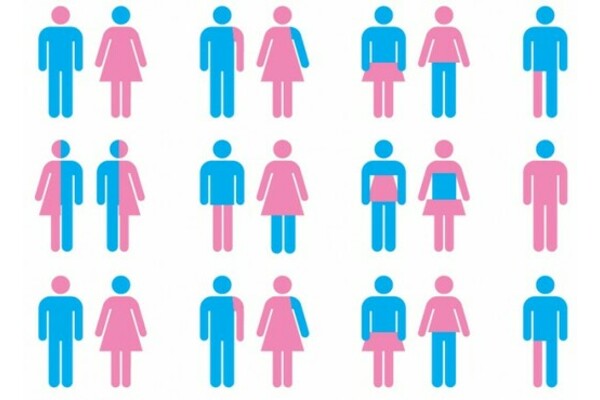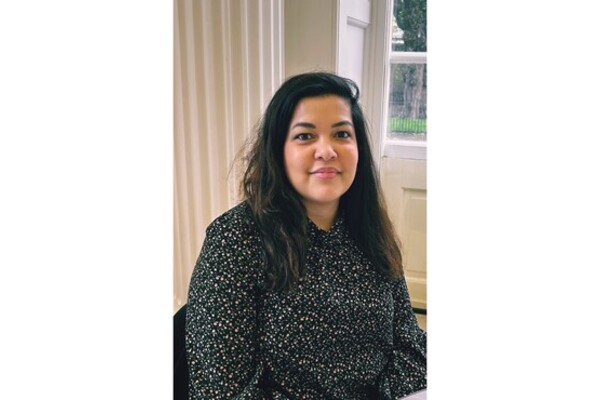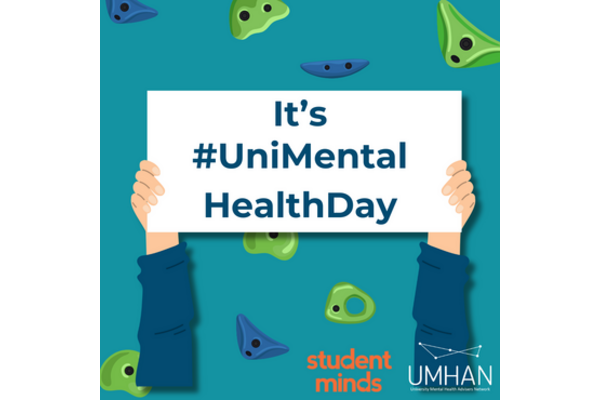For many young people, university can be seen as a relatively safe space in which to explore their gender identity. They may be away from their family, and school peer group, for the first time, and find themselves in a position where they can safely reflect, and live, in the gender role in which they feel most comfortable, be it male, female, or neither. However, society is still predominantly organised along binary gender lines, and whilst institutional systems and processes may now be working to play catch up in their data capture of the gender spectrum, the subtleties of working with individuals who are gender non-conforming, gender dysphoric and transgender are complex.
As many professional training courses (social work, nursing, occupational therapy) devote little, if any, time to teaching about gender or sexuality, mental health advisorsadvisers can feel ill-equipped to work sensitively and effectively with trans students presenting to their Service. However, the biopsychosocial model adopted by mental health advisers, taking into account social, medical, and psychological influencers on wellbeing, means that they are ideally positioned to work with this particular student group. Using two case vignettes, this paper will explore some of the issues relevant to university counselling and wellbeing services in the UK.









